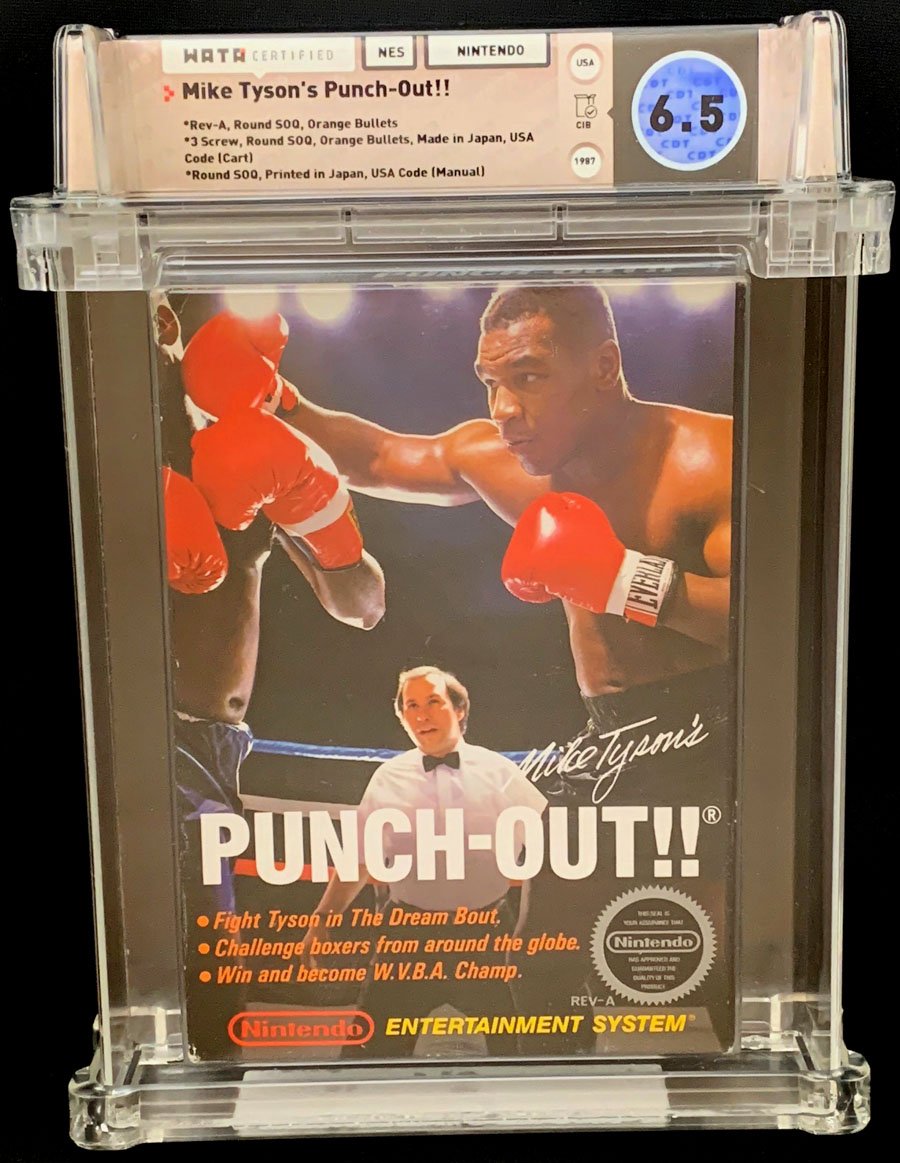“Iron Mike” Tyson, a name synonymous with devastating knockouts and an intimidating presence, has recently weighed in on a topic that often remains veiled: the economics of combat sports. His assertion is as blunt as his punches once were: he wouldn`t consider a move to the world of mixed martial arts (MMA) because, quite simply, the pay doesn`t measure up. In fact, Tyson boldly claims he earns more per fight than the combined earnings of the top five UFC stars. This isn`t just a casual remark; it`s a profound statement on the financial landscape of professional fighting, revealing a chasm between boxing and MMA that, for all the latter`s surging popularity, still heavily favors the sweet science`s titans.
The Pugilist`s Perspective: A Question of Compensation
For a man who has transcended the sport of boxing to become a cultural icon, Tyson`s motivation isn`t merely about personal preference or even the stylistic challenges posed by grappling. While he admits to being a fan of MMA and counts UFC President Dana White among his friends, his refusal to step into the cage is purely a business decision. “No,” he stated unequivocally when questioned about an MMA foray. “Five of the biggest UFC fighters combined couldn`t match my pay. I want to be the biggest fighter, the biggest purse. I want all that stuff. When Mike Tyson fights, he shuts everything down.”
This sentiment lays bare a fundamental truth in combat sports: star power, cultivated over decades, translates into unparalleled financial leverage. Tyson, even at 59 and competing in exhibition bouts, remains an undeniable draw, capable of commanding purses that dwarf those of even the most decorated MMA champions. His recent exhibition against Jake Paul reportedly netted him $20 million, a sum that allowed him to casually acquire a $13 million mansion. With another exhibition against Floyd Mayweather reportedly in the works for 2026, the pattern of lucrative “retirement” fights is clear. These aren`t just fights; they are colossal entertainment events built around an enduring legend.
Boxing`s Enduring Financial Punch vs. MMA`s Evolving Payouts
The disparity Tyson highlights isn`t new, but it`s a point often debated. The UFC, under Dana White`s leadership, has grown into a global powerhouse, transforming MMA from a niche spectacle into a mainstream sport. Athletes like Conor McGregor, Khabib Nurmagomedov, Ronda Rousey, Jon Jones, and Georges St-Pierre have become household names and multi-millionaires. Yet, even among these elite, the path to astronomical wealth often involves ventures beyond the octagon.
Conor McGregor, arguably the UFC`s biggest star, boasts a net worth estimated at $200 million. However, a significant portion of that fortune was earned from his boxing crossover bout with Floyd Mayweather and his various business endeavors, not solely from his UFC fight purses. This fact ironically underscores Tyson`s point: to reach the pinnacle of combat sports earnings, even an MMA icon might need a detour into boxing`s more lucrative landscape.
The difference lies partly in the business models. Boxing`s fragmented promotional landscape, while often chaotic, allows individual superstars to negotiate massive cuts of pay-per-view revenue, often acting as their own de facto promoters or aligning with those who can secure the biggest individual deals. The UFC, conversely, operates under a more centralized model, where fighter pay is a percentage of overall revenue, but often a smaller one compared to boxing`s top-tier splits. While this structure has ensured the UFC`s immense profitability and stability, it has also led to persistent discussions about fair compensation for its athletes, particularly those not at the absolute peak of stardom.
The Brand of “Iron Mike”: A Perpetual Money-Making Machine
Tyson`s ability to command such immense paydays isn`t solely a reflection of historical boxing earnings; it`s a testament to the enduring power of his personal brand. “Iron Mike” isn`t just a fighter; he`s a phenomenon. His name alone generates buzz, attention, and, crucially, pay-per-view buys. This unique drawing power allows him to dictate terms that few, if any, active fighters in either sport can match. He`s not just participating in an event; he is the event.
This stark reality poses an interesting question for the future of combat sports. As MMA continues its ascent, will its top athletes eventually command the same individual financial power as boxing`s most colossal figures? Or will the fundamental differences in promotional structures always create a ceiling for octagon warriors that boxing`s biggest names, even in their golden years, can effortlessly punch through?
Mike Tyson`s comments, delivered with his characteristic bluntness, serve as a potent reminder that while the thrill of competition and the pursuit of glory are paramount, the underlying financial calculus remains a dominant, often unspoken, force in the world of professional fighting. For “Iron Mike,” it seems the heaviest punch isn`t thrown in the ring, but rather counted in the bank. And until MMA`s paychecks can truly rival boxing`s most colossal purses, don`t expect this legendary pugilist to trade his gloves for grappling. He’s simply too rich for that.

